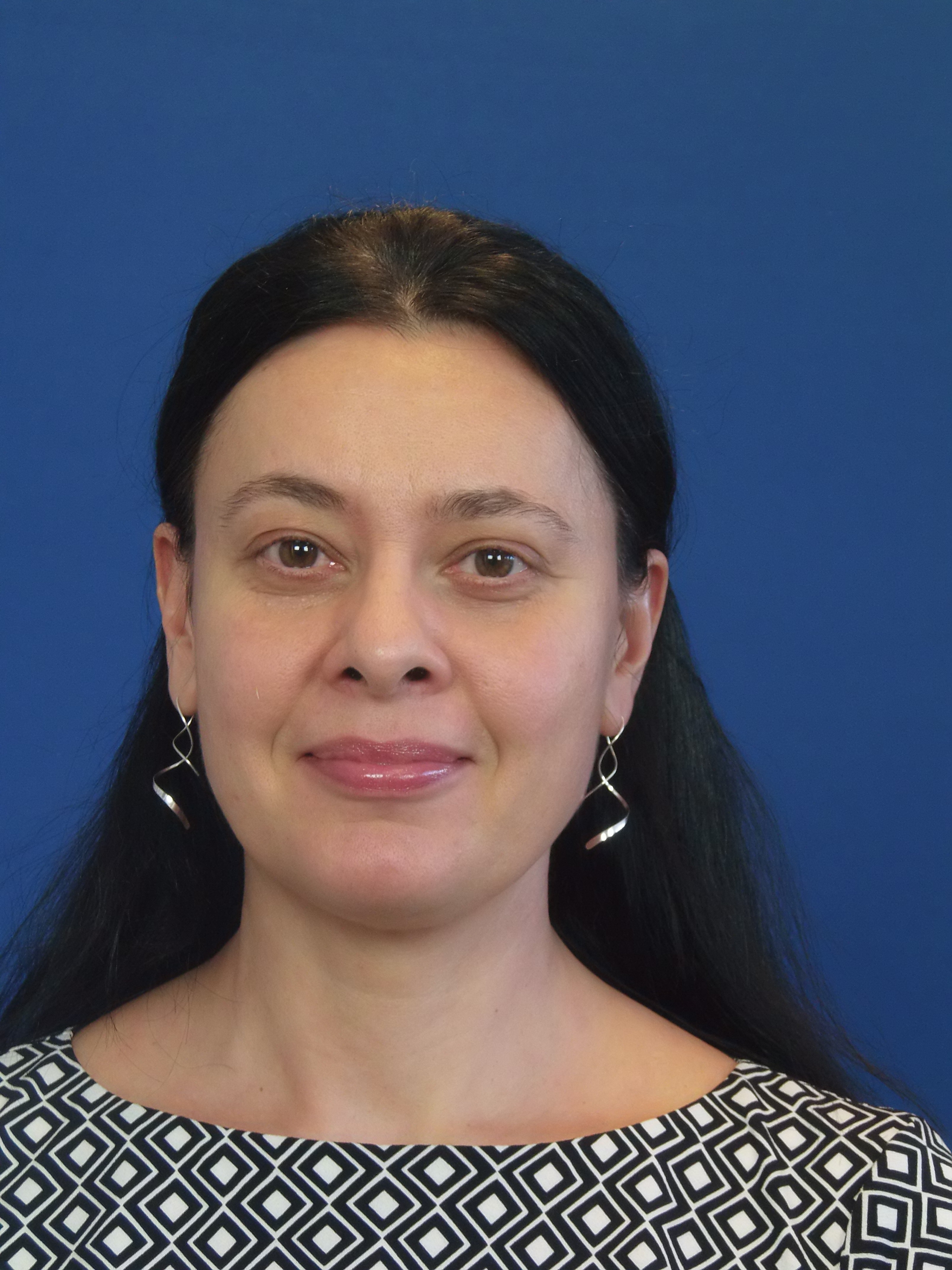The Role of S3 for a Sustainable Blue Economy and a Climate Neutral EU

date: 07/10/2019
Blue Economy is one of the sectors that can have a major contribution to our sustainable climate neutral future, as to be defined by the European Green Deal before the end of 2019. To achieve this level of ambition, the cohesion policy and more specifically smart specialisation can play an important role in building the competences and value chains needed, sharing knowledge and innovation, building then the Blue Growth.
Why Blue Economy? The seas and ocean are essential for our future on planet Earth. They regulate its carbon and heat cycles and deliver resources such as food that contribute to our diets and provide livelihoods for coastal communities. No one country can assure their sustainable and prosperous development All European countries need to assume their responsibility, all European regions.
The Commission’s 2050 Clean Planet strategy (COM (2018) 773 - A Clean Planet for all - A European strategic long-term vision for a prosperous, modern, competitive and climate neutral economy) outlines Europe’s vision for becoming carbon neutral by 2050, It shows that the seas and ocean will play a vital role in this transformation by providing a quarter of Europe’s electricity. The new Green Deal under development will build on this by emphasising the blue economy’s contribution to decarbonisation and Europe’s future prosperity. It will deliver a new vision. We will need to plan our ocean space to accommodate this expansion of renewable energy, whilst taking other ocean uses and maintaining or recovering biodiverse ecosystems.
Land and freshwater resources worldwide are threatened by food production, which must cope with growing population, growing prosperity and increasing diversion of land for biofuel. Agriculture already contributes about 14% of global greenhouse gas emissions and takes 40% of Europe’s land. Currently, only a small proportion of our food is coming from aquatic sources. Nevertheless, it is obvious that there is the potential to produce much more and in a sustainable way with lower carbon and environmental footprints than food grown or raised on soil. Increasingly health-conscious consumers offer a ready market. The aquaculture sector will play a prominent role in our ‘Farm to Fork’ strategy on sustainable food development.
To do this, we need to know what the seas and oceans can offer in terms of resources. We need to know how biodiversity will change because of changes in climate and changes in the nature and activity of human activity. Ocean observation is key. Only with better knowledge, based on a true knowledge of the physical and biological model of our ocean, can we plan our future policies and actions.
In conclusion, the blue economy offers a tremendous opportunity for the future. We can grasp this opportunity if we work together. No region can succeed alone in the globalized world. We need to build innovation chains and competitiveness clusters. The EU is doing its part with initiatives on research, data, planning and investment. Each region in Europe as one of the priorities must now contribute its particular strengths to make up a whole that is greater than its parts. Let us start by having Blue Economy as one of the priorities indicated in the future Operational Programmes and Blue Growth in the Research and Innovation Strategy for Smart Specialisation (RIS3) for all regions wanting to actively contribute to its development in Europe!
